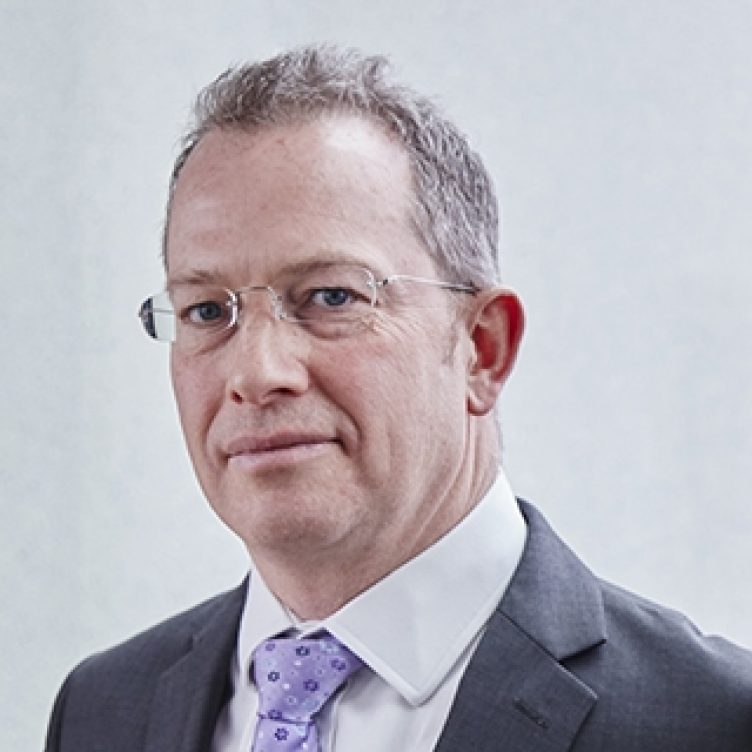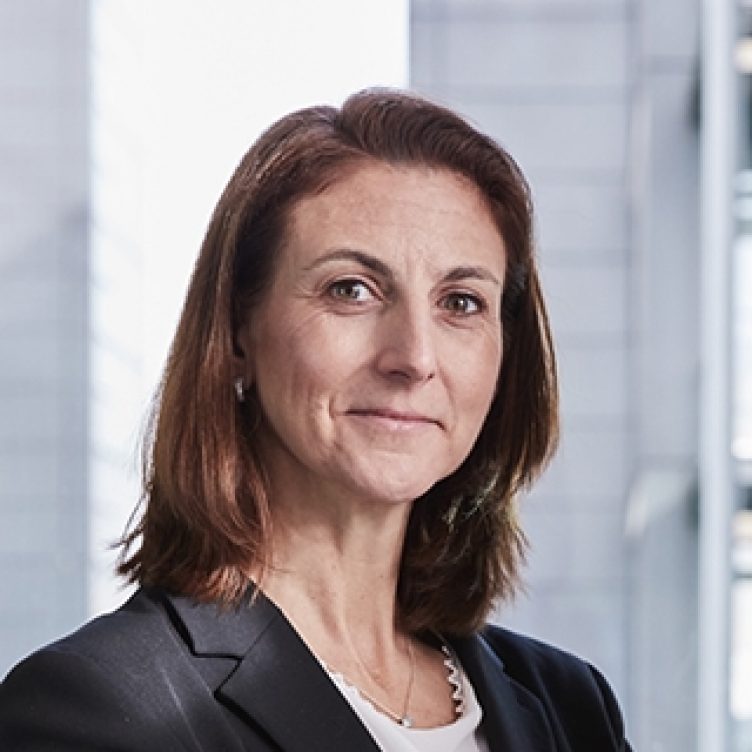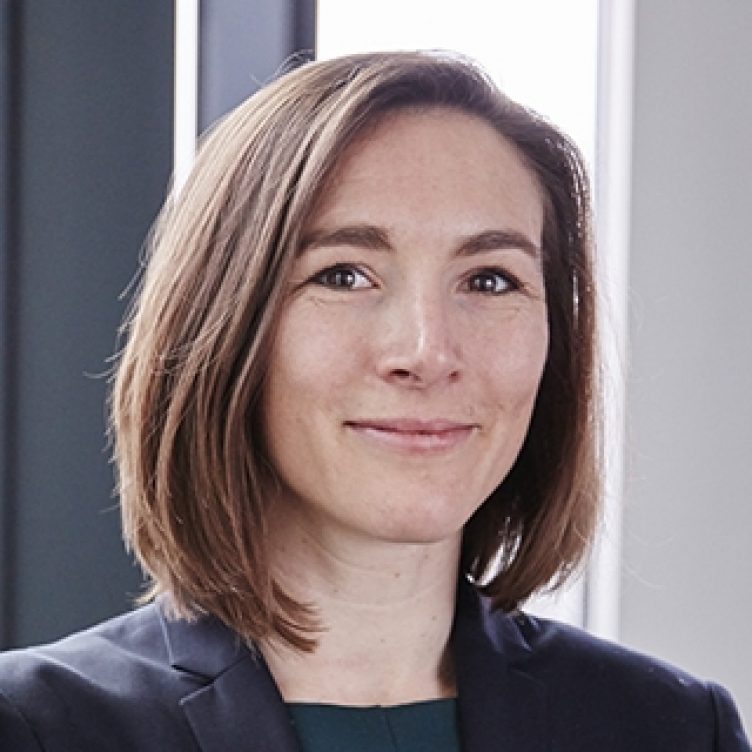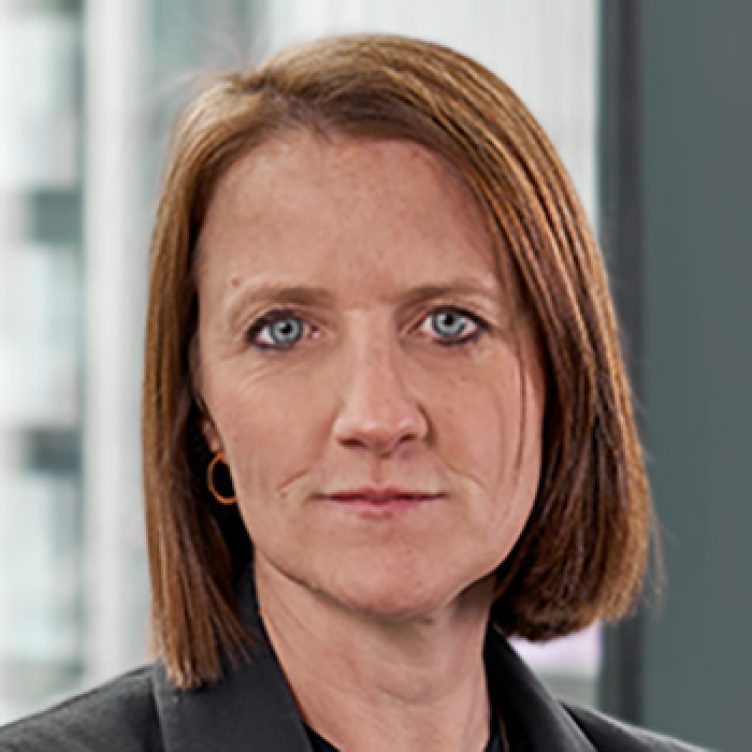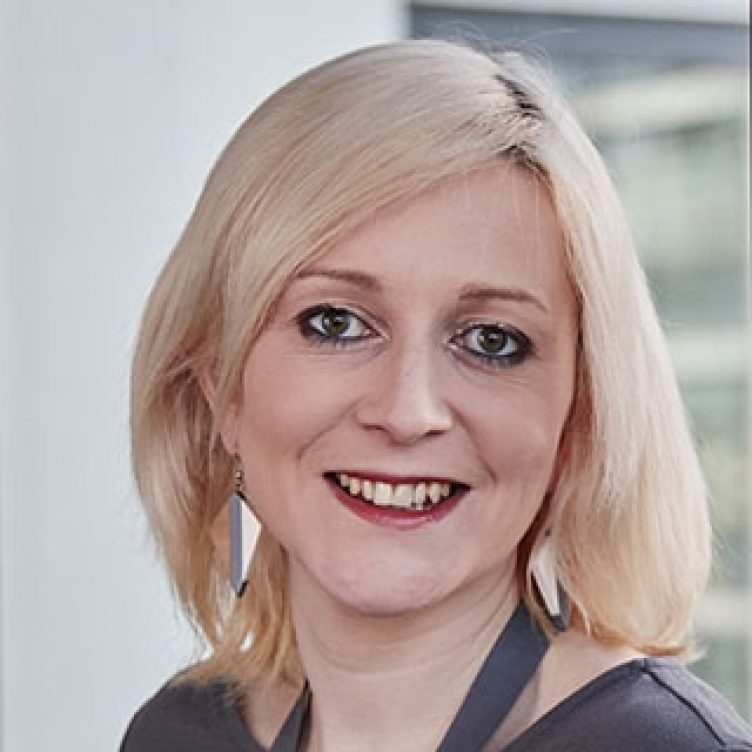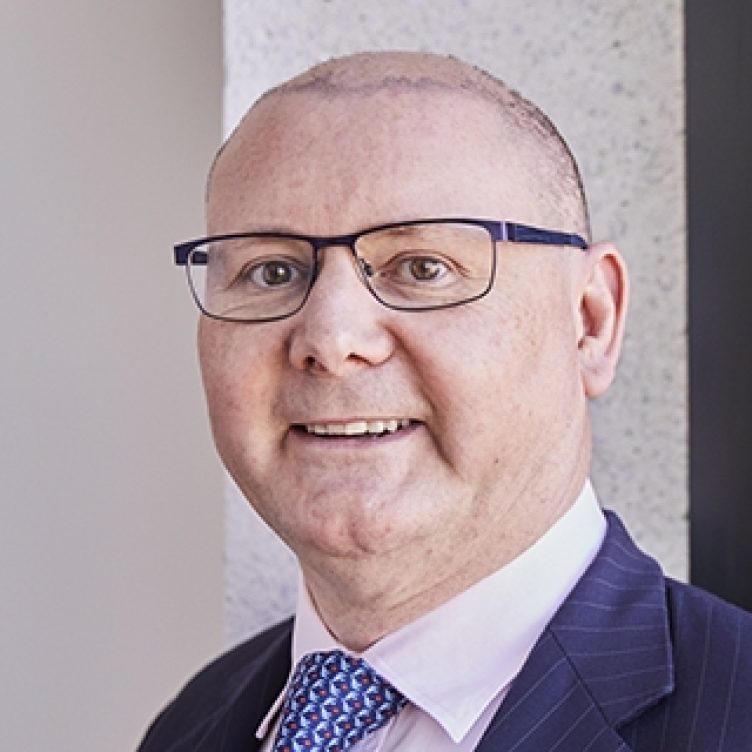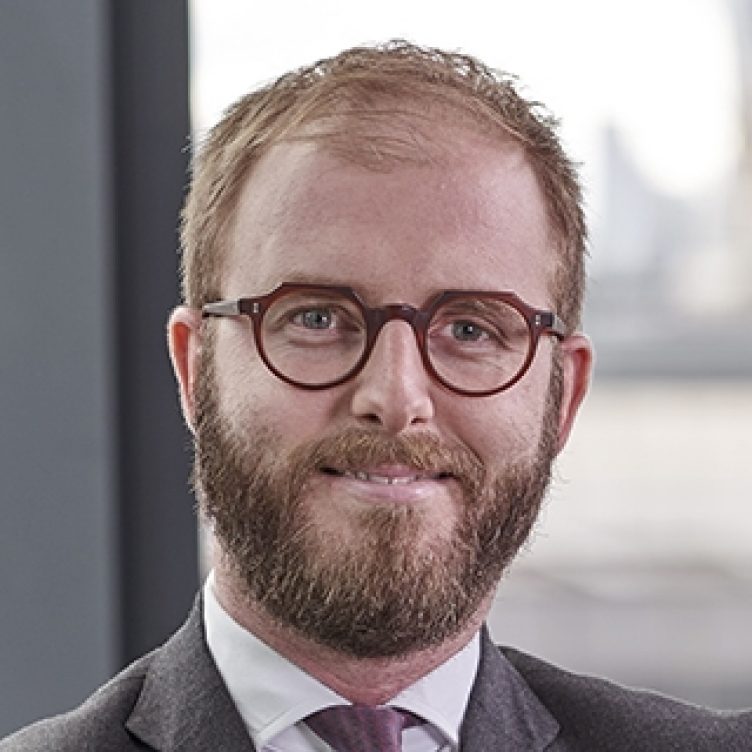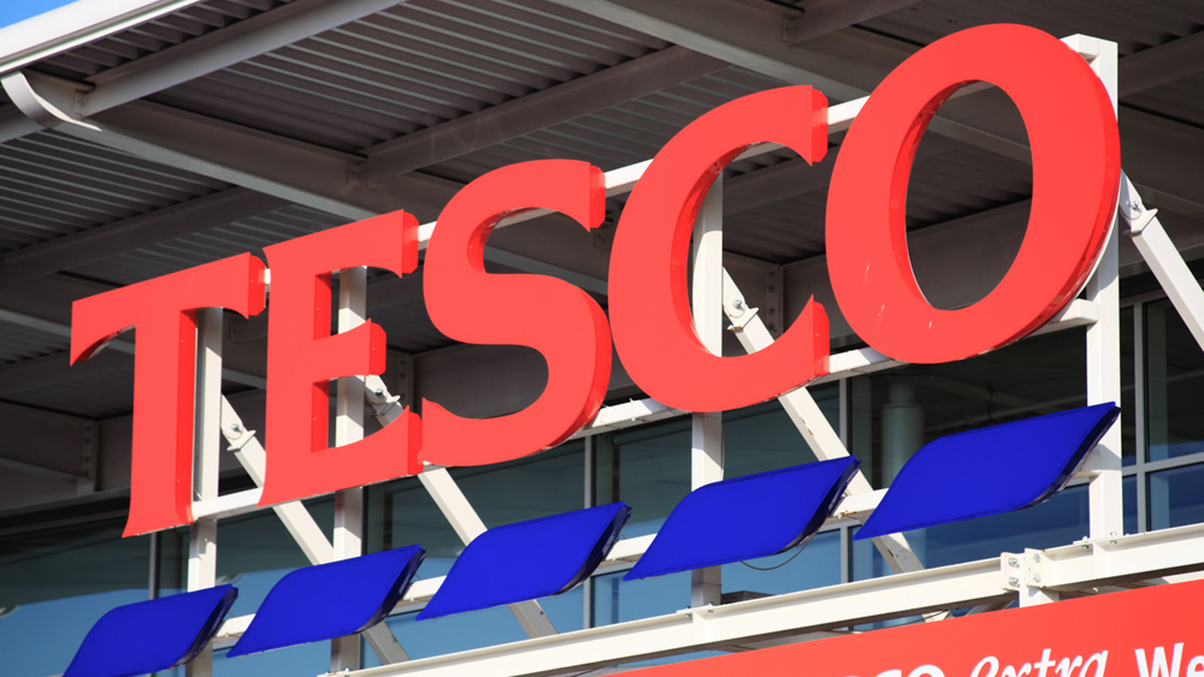Local experts in Germany and Denmark provide a summary of the major securities litigation cases in their jurisdiction.
The German overview covers the Steinhoff accounting scandal, issues facing investors in shipping funds, and the Porsche and Volkswagen diesel scandals. We also have an overview of securities activity in Denmark, covering the Novo Nordisk, Danske Bank, and OW Bunker A/S cases.
International overviews
To jump to a section click on one of the four links below:
Cases summaries of cases Stewarts are investigating can be found here.
Germany securities litigation current cases overview
Steinhoff accounting scandal
In the model proceedings pursuant to the German Capital Investor Model Proceedings Act (KapMuG) against Steinhoff International Holdings N.V. (“Steinhoff”) (file no. 23 Kap 1/19), the Higher Regional Court of Frankfurt determined the model plaintiff by order of 30 July 2019 and scheduled a hearing for 18 December 2019. Investors must file their claims within six months to participate in the KapMuG proceedings.
The KapMuG proceedings shall determine whether Steinhoff is liable to pay damages to investors due to violation of ad hoc obligations. The claimants accuse Steinhoff of having failed to inform the capital markets about balance sheet manipulations amounting to several billion euros.
Further proceedings are pending in South Africa and the Netherlands. In South Africa, a class action suit is pending before the High Court in Johannesburg against Steinhoff, which is also directed against banks and auditors. In the Netherlands, a declaratory action by a shareholders’ association is pending.
Ship funds
In the recent past, more and more ship funds have fallen into crisis. As a result, there are numerous complaints from investors in ship funds. In this context, several KapMuG proceedings are pending in Germany.
In the KapMuG proceedings concerning the ship fund “CFB-Fonds 161” (file no. 24 Kap 1/19), the Higher Regional Court of Cologne determined the model claimant by order dated 4 November 2019. In 2007, CFB Fund 161 invested a total of approximately US$109m in two container ships. Approximately US$78m was collected from investors.
The KapMuG proceedings shall determine whether certain points in the prospectus for CFB Fund 161 were incorrect, incomplete and/or misleading. With the determination of the model plaintiff, the KapMuG proceedings have begun, and investors must file their claims within six months to participate in the proceedings.
Funds issued by the Conti Group are also the subject of numerous KapMuG proceedings, for example in front of the Higher Regional Courts of Munich (file no. 23 Kap 2/18) and Hamburg (file no. 13 Kap 4/19).
Porsche and Volkswagen exhaust Gas Scandal
By two orders dated 29 October 2019 (file no. 1 U 204/18 and 1 U 205/18), the Higher Regional Court of Stuttgart suspended two appellate proceedings against judgments by the Regional Court of Stuttgart in connection with the so-called exhaust gas scandal until the final decision in the KapMuG proceedings pending at the Higher Regional Courts of Braunschweig (file no. 3 Kap 1/16) (“Braunschweig-KapMuG”) and Stuttgart (file no. 20 Kap 2/17 – see below) (“Stuttgart-KapMuG”).
In September and October 2018, the Regional Court of Stuttgart ordered Porsche SE (“Porsche”) to pay damages of approximately €47m to two institutional investors for failure to provide ad hoc disclosures in due time. The investors had claimed €165m. Both sides appealed the decisions.
The Higher Regional Court admitted the appeal to the German Federal Supreme Court against the two orders mentioned above, as they concern unprecedented legal questions regarding the scope of the blocking effect of a KapMuG proceedings pursuant to section 7 KapMuG and the suspension obligation pursuant to section 8 KapMuG.
On March 27, 2019, the Higher Regional Court of Stuttgart had already ruled that the Stuttgart-KapMuG claim against Porsche and VW AG (“VW”) was inadmissible (file no. 20 Kap 2/17). The court held that the proceedings were blocked by the Braunschweig-KapMuG, which has been initiated earlier and concerns similar questions. The appeal against this decision is still pending at the German Federal Court.
On August 12, 2019, the Higher Regional Court of Braunschweig issued a partial model decision (Teilmusterentscheid) in the Braunschweig-KapMuG against Porsche and VW. This is the first partial model decision since the KapMuG came into effect. The decision clarifies highly controversial legal issues regarding jurisdiction in the investor actions against VW and Porsche. It is, however, not a substantive decision as to whether VW and Porsche are liable for damages.
The Braunschweig-KapMuG is delayed by several months. As the court and the parties have to familiarise themselves with extensive private expert opinions before the next hearing, the hearings for October and November were cancelled. The continuation of the proceedings is scheduled for 16 December 2019.
This contribution is written by Dr. Thiemo Schäfer (Associate) and Dr. Thomas Hauss (Partner) at McDermott Will & Emery Rechtsanwälte Steuerberater LLP.
Denmark securities litigation current cases overview
Current securities litigation cases in Denmark
Denmark has not had a tradition of securities litigation and associated claims. This has changed in recent years, and several cases are now proceeding through the courts. These cases have been filed either as class actions on behalf of a large number of shareholders or as individual claims by institutional shareholders.
This article outlines some of the cases pending before the Danish courts.
Novo Nordisk A/S
Danish company Novo Nordisk A/S is a leading global healthcare company and a market leader in diabetes care. Novo Nordisk’s B shares are listed on the Nasdaq Copenhagen Stock Exchange and trade in the form of American Depositary Receipts (ADRs) on the New York Stock Exchange.
In August 2019, shareholders filed a claim against Novo Nordisk in Denmark seeking compensation of DKK 11.8bn due to losses suffered from their initial purchase of the shares at an inflated price. According to the claimants, the share price drop occurred because the shares were inflated due to Novo Nordisk providing misleading information/statements to the capital markets. The claimant shareholders believe that they invested in Novo Nordisk at an inflated price in the period from 2015 to 2017 and are claiming damages for the subsequent reduction in the share price once the truth emerged.
A US class action is currently pending against Novo Nordisk in the United States on behalf of ADR shareholders who purchased in the period 2015 to 2017, and developments in that case, especially with regard to disclosure, may have an impact on the case in Denmark.
Danske Bank A/S
Several lawsuits have been filed against Danske Bank A/S alleging the bank failed in the handling of its anti-money laundering obligations at its Estonian branch of the bank and failed in its ongoing market disclosure obligations with respect to the same.
The background of the case goes back to 2007 when Danske Bank bought the Finnish bank, Sampo Bank, and its subsidiary company in Estonia. The Estonian company was converted to a branch of Danske Bank in 2008.
Following whistleblower and newspaper allegations, Danske Bank instructed a Danish law firm to conduct an investigation, and the report of the investigation was published on 19 September 2018.
When investors became aware of the extent of the situation, Danske Bank’s share price fell significantly. Shareholders are seeking damages for their prior purchases of Danske Bank shares at inflated prices due to the failure of Dansk Bank to comply with its disclosure obligations.
A class action has been filed on behalf of retail shareholders, who are claiming that the value of Danske Bank shares dropped by approximately 50% from July 2017. The formal proceeding to have the class action approved by the Danish court is still pending. A separate multi-party claim (not a class action) has been filed on behalf of institutional investors seeking damages on a similar basis.
OW Bunker A/S
OW Bunker was a Danish company selling bunker oil worldwide. The company was listed on the Copenhagen Stock Exchange in March 2014. Only a few months later, in November 2014, OW Bunker filed for bankruptcy.
Afterwards, several lawsuits were filed against OW Bunker and its directors. These claims filed by the shareholders claimed:
- prospectus filed by the company when listing on the Copenhagen Stock Exchange contained incorrect information and/or omitted material information; and
- the company supplied misleading information to the market, including failure to fully disclose the liquidity and credit risk of the company.
Two major factors that shareholders have focused on are:
- whether the prospectus contained (enough) information about OW Bunker’s subsidiary company, Dynamic Oil Trading (Singapore) Pte. Ltd., and its trading with the Singapore company Tankoil. A significant portion of OW Bunker’s reported profit was generated by its subsidiary Dynamic Oil Trading. However, this was unrealised profit as Tankoil had still to pay. When Tankoil defaulted on the payment, it resulted in a large loss for OW Bunker. The management of OW Bunker claims it did not know that the profit of its subsidiary was unrealised and that, in particular, such a large amount was owed to its subsidiary by Tankoil;
- Risk management at OW Bunker was a separate profit centre. This was unusual, and it was not possible for shareholders to determine this fact from reading the prospectus.
This case will provide guidance from the court on the requirements of the information to be disclosed in a prospectus and the liability of directors for both the information in the prospectus and information provided to the market.
Currently, there are eight related cases with all evidence being exchanged between all parties. On the one hand, the evidence exchange is advantageous to the claimant shareholders, but coordinating eight related cases has also led to delays and a prolonged process.
This contribution is written by Morten Schwartz Nielsen (Partner) at Lund Elmer Sandager.
You can find further information regarding our expertise, experience and team on our Securities Litigation pages.
If you require assistance from our team, please contact us or alternatively request a call back from one of our lawyers by submitting this form.
Subscribe – In order to receive our news straight to your inbox, subscribe here. Our newsletters are sent no more than once a month.


